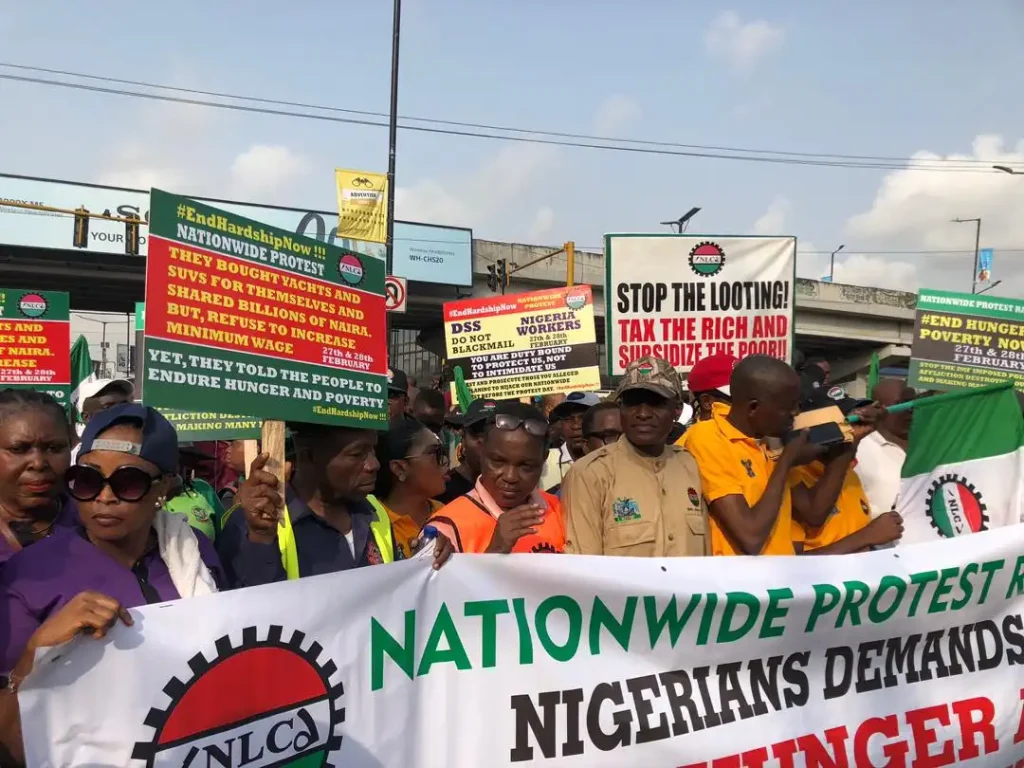The Nigeria Labour Congress (NLC) has pledged solidarity with striking university lecturers, warning it may join their action if the Federal Government fails to address their demands within two weeks.
The Academic Staff Union of Universities (ASUU) launched a two-week warning strike to protest the government’s failure to honor agreements, prompting the NLC’s strong response.
Roots of the Crisis
In a statement, NLC President Joe Ajaero expressed deep concern over the ongoing deterioration of Nigeria’s public education system.
He highlighted chronic underfunding and the government’s repeated failure to implement negotiated agreements as key drivers of the crisis.
“The government’s refusal to uphold commitments made with university workers is eroding the quality of our tertiary institutions,” Ajaero said.
ASUU initiated the warning strike on Monday after a 14-day ultimatum issued on September 28 expired without progress.
The union’s demands include better funding for universities, improved working conditions, and the fulfillment of past agreements.
Government’s Stance Criticized
The NLC condemned the Federal Government’s response, particularly its threat to enforce a “No Work, No Pay” policy.
Ajaero argued that this approach misrepresents the situation, as the government, not the lecturers, has breached the agreements.
“Lecturers are ready to work, but the government’s failure to provide dignified conditions undermines their ability to do so,” he stated.
He emphasized a counter-principle: “No Pay, No Work,” asserting that the state’s non-compliance is the root issue.
NLC’s Call to Action
The NLC declared its unwavering support for ASUU and other unions in the tertiary education sector.
It urged the government to abandon threats and engage in good-faith negotiations to resolve the crisis.
“The warning strike is a justified response to the neglect of a vital sector,” Ajaero noted. “If the government remains unresponsive after these two weeks, the NLC will take further action in solidarity.”
Impact on Education
The ongoing strike threatens to disrupt academic activities across Nigeria’s public universities, affecting students and the broader education system.
The NLC stressed that resolving the crisis is critical to preserving the integrity of tertiary education, which it described as a cornerstone of national development.
The union called for urgent action to prevent further decline in the sector.
Looking Ahead
As the two-week deadline approaches, all eyes are on the Federal Government to address ASUU’s demands.
The NLC’s backing signals potential escalation if no resolution is reached, raising the stakes for negotiations.
The outcome will likely shape the future of Nigeria’s public universities and the relationship between the government and its academic workforce.
Japan Coalition Crumbles, Jeopardizing Takaichi’s PM Bid




















